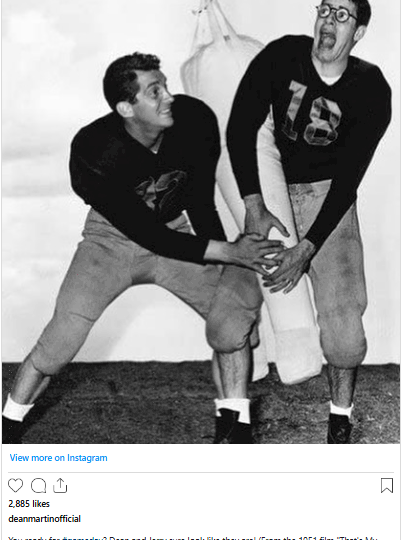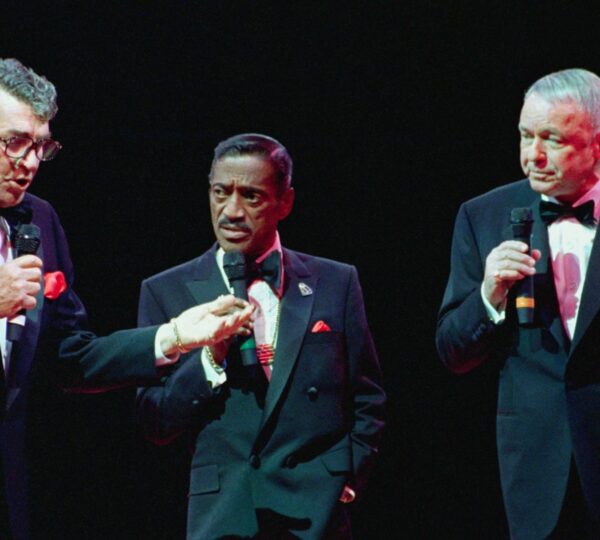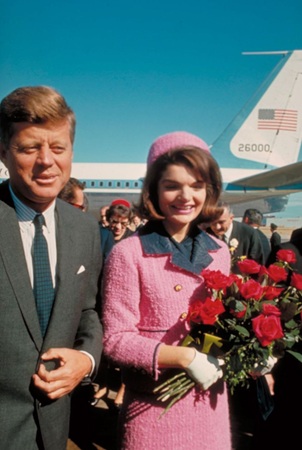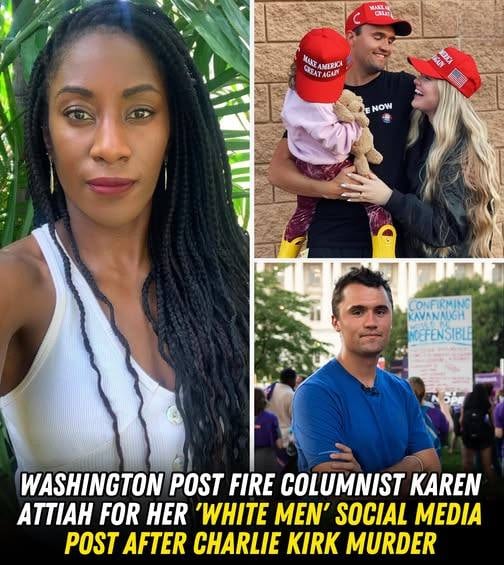Dean Martin lived almost the entirety of his life in the public eye, yet no one carried fame with more ease, charm, and quiet grace.
Known around the world as The King of Cool, Martin built a career that spanned music, comedy, television, and film.
But despite all the glamour, his greatest legacy is rooted not just in talent — but in loyalty, humility, and an unshakeable moral compass that guided him even when no one was watching.
Though decades have passed since his final curtain call, new generations continue to rediscover Dean Martin. And the more people learn about him, the more they realize something unforgettable:
behind the smooth voice and the easy smile stood a man who valued loyalty over fame, friendship over power, and integrity over opportunity.
One defining example — the moment he refused to attend President John F. Kennedy’s inauguration out of loyalty to Sammy Davis Jr. — reveals just how extraordinary Dean truly was.
Below is a deeply expanded journey through his life, his rise to fame, his friendships, his personal struggles, and the courageous act that showed the true depth of his character.

Early Life: From Dino Paul Crocetti to an American Icon
Dean Martin was born Dino Paul Crocetti on June 7, 1917, in Steubenville, Ohio. His parents were hardworking Italian immigrants, and their home was filled with the rhythms of Italian culture.
Dean spoke only Italian for the first five years of his life, and when he began kindergarten, he found himself lost in a language he didn’t yet understand.
His classmates teased him for his accent, and Dean — a naturally shy child — grew quieter. Many years later, when he was a household name, people mistook his silence for arrogance.
In truth, he had always felt more comfortable speaking with actions rather than words.
Dean’s teenage years were shaped not by classrooms, but by work. He balanced multiple jobs: he sang in restaurants for tips, fought as an amateur boxer under the name Kid Crochet, worked as a dealer and croupier in local clubs, and performed small gigs as a drummer.
Each job added another layer of experience — toughness, rhythm, timing, humility — and those qualities would later shape the entertainer the world adored.
By the late 1930s, Dean joined the Ernie McKay Band, and it was clear he had something rare:
a smooth, natural voice that needed no formal training. In 1938, he briefly used the stage name “Dino Martini,” but by 1940, he officially became Dean Martin, the name that would soon be known across the globe.

The Chance Meeting That Changed Everything: Martin & Lewis
Everything in Dean’s life shifted in 1945, when he crossed paths with a 19-year-old comic genius named Jerry Lewis. Their chemistry was instant. Jerry was wild, kinetic, unpredictable; Dean was cool, calm, and elegant. Together, they created a new style of comedy — part music, part slapstick, all magic.
Their act became the hottest show in New York. They performed at the Copacabana, sold out nightclubs from coast to coast, and delivered a style of entertainment no one had ever seen before.
Their success skyrocketed:
- 16 feature films
- A hit CBS radio show
- Record-breaking nightclub performances
- Hollywood fame beyond anything the era had seen
But fame can complicate even the strongest partnerships. Jerry’s comedic dominance began overshadowing Dean’s natural sense of balance, and Dean — who valued harmony and authenticity — felt himself fading into the background.
Their split, on the exact ten-year anniversary of their debut, shocked America. A decade of success ended in silence that lasted twenty years, until Frank Sinatra orchestrated their brief reunion live on stage in 1976. It was emotional, awkward, and unforgettable.
The Rise of a Solo Legend
Many doubted Dean could thrive alone. They were wrong.
Dean Martin’s solo career became one of the greatest comebacks in entertainment history.

He recorded timeless hits like:
- “Everybody Loves Somebody”
- “Memories Are Made of This”
- “That’s Amore”
He starred in acclaimed films, including The Young Lions with Marlon Brando, proving he was more than a comedian — he was a true actor with remarkable presence.
As the 1950s came to an end, Dean found himself surrounded by a new circle of friends who would help define his legacy: Frank Sinatra, Sammy Davis Jr., Joey Bishop, and Peter Lawford — The Rat Pack.
The Rat Pack Era: Glamour, Friendship, and Brotherhood
The Rat Pack dominated Las Vegas like no group before or after. They transformed the Strip into the epicenter of American nightlife. On stage, they were unstoppable. Off stage, they were brothers.
But even in this whirlwind of fame, Dean remained the most grounded of the bunch. While the world believed he stayed drunk on stage, his famous glass of whiskey was often just apple juice.
His “playboy” persona was a brilliant performance — he preferred quiet nights, dinners at home, and early bedtime.
He was, in many ways, a man who loved simple things wrapped in a glamorous world.
The Day Dean Martin’s Loyalty Made History: Refusing JFK’s Inauguration
In 1961, President John F. Kennedy invited the Rat Pack to perform at his inauguration. It was an enormous honor — the kind of invitation one does not turn down.
But when JFK’s team informed Sammy Davis Jr. that he and his wife, Swedish actress May Britt, should not attend because their interracial marriage might upset Southern voters, Dean Martin made a decision that stunned even his closest friends.
He refused to attend.
He didn’t make an announcement to the press.

He didn’t warn anyone.
He simply told his team:
“If Sammy isn’t welcome, then I’m not going.”
At a time when supporting an interracial marriage could destroy a career, Dean acted with quiet courage. His refusal wasn’t about politics — it was about friendship and morality.
Director Tom Donahue, who created the TCM documentary Dean Martin: King of Cool, said:
“Dean Martin’s loyalty was unmatched. He stood up for Sammy when others wouldn’t. That decision showed the true core of who he was.”
Dean’s daughter, Deana Martin, later added:
“He was furious when he heard Sammy wasn’t invited. To him, Sammy was family. And if family wasn’t welcome, then he wasn’t going to be there either.”
This act remains one of the most defining — and least talked about — moments of Dean’s life.
Success, Loss, and the Quiet Final Years
Throughout the 1960s and ’70s, Dean continued climbing:
- The Dean Martin Show became one of CBS’s biggest hits.
- The Dean Martin Celebrity Roasts became iconic television.
- His albums continued charting.
- His Vegas shows sold out for decades.
But fame could not protect him from heartbreak.
In 1987, Dean’s beloved son, Dean Paul Martin, died in a tragic plane crash. Friends say Dean was never the same. The light within him dimmed, and he withdrew into a quieter, more private life.
He passed away on December 25, 1995 — Christmas Day — at age 78. One of the brightest stars of the twentieth century left the world peacefully and with dignity, just as he had lived.
Why Dean Martin Still Matters Today
Dean Martin’s legacy is not just about songs, films, or comedy. It’s about character.
It’s about:
- Standing up for a friend even when the world is watching.
- Staying humble in the face of enormous fame.
- Choosing kindness over ego.
- Remaining loyal even when it costs you something.
- Living with grace, humor, and authenticity.
He proved that true coolness doesn’t come from style — it comes from the heart.
Dean Martin didn’t try to be a legend.
He simply tried to be a good man.
And that, more than anything else, is why his legacy endures.



